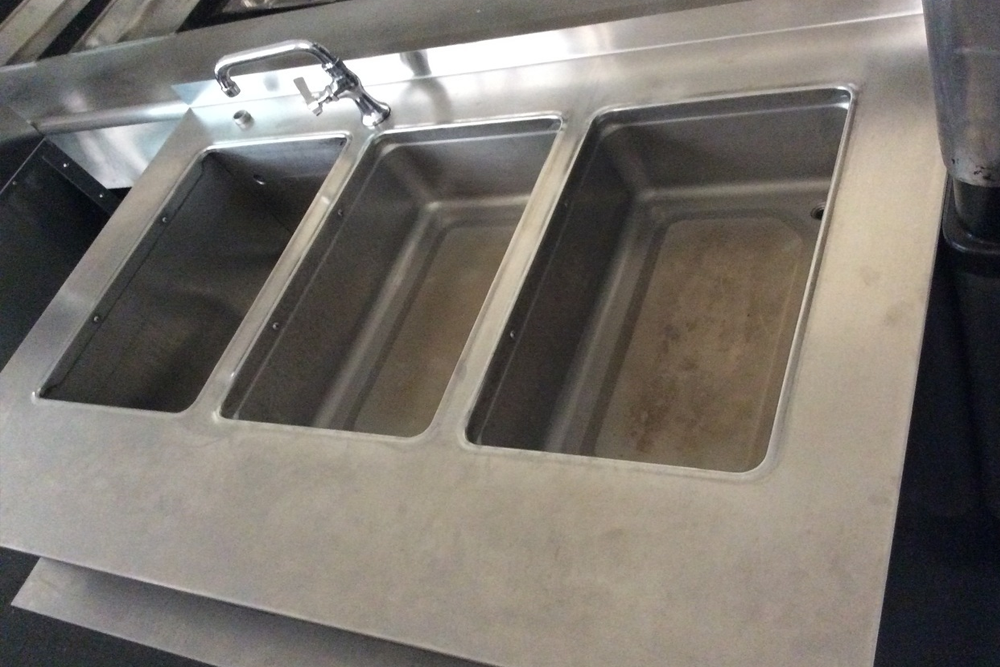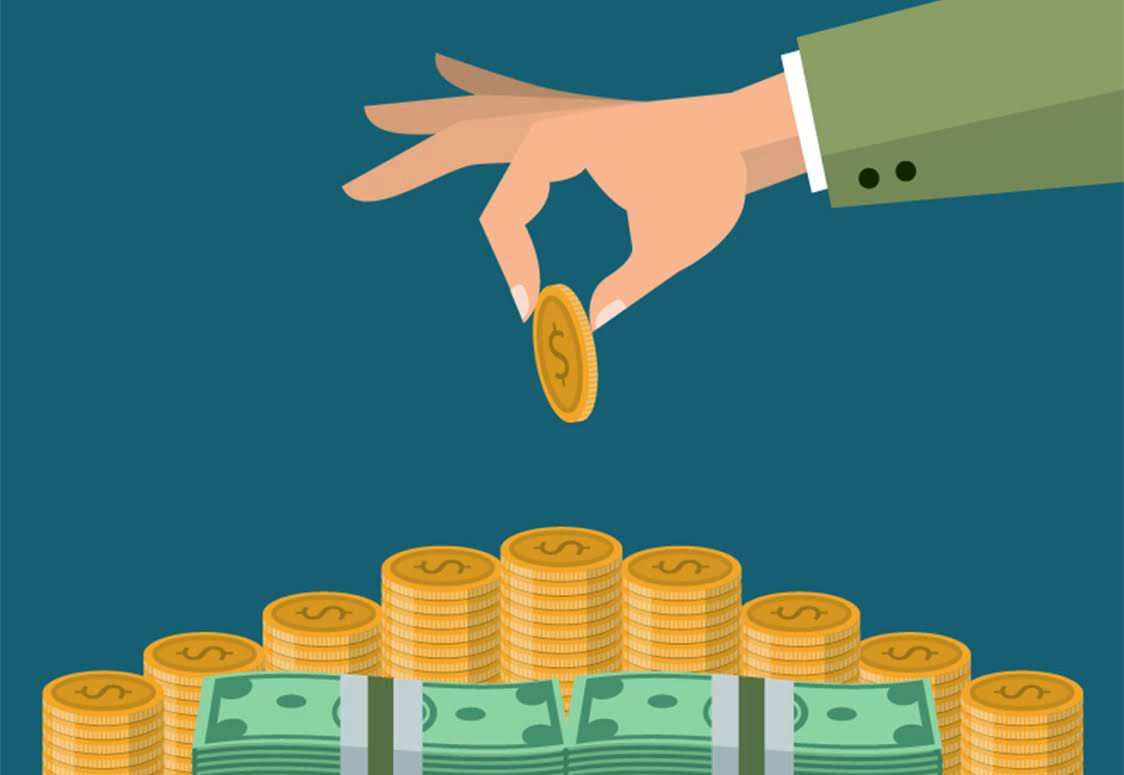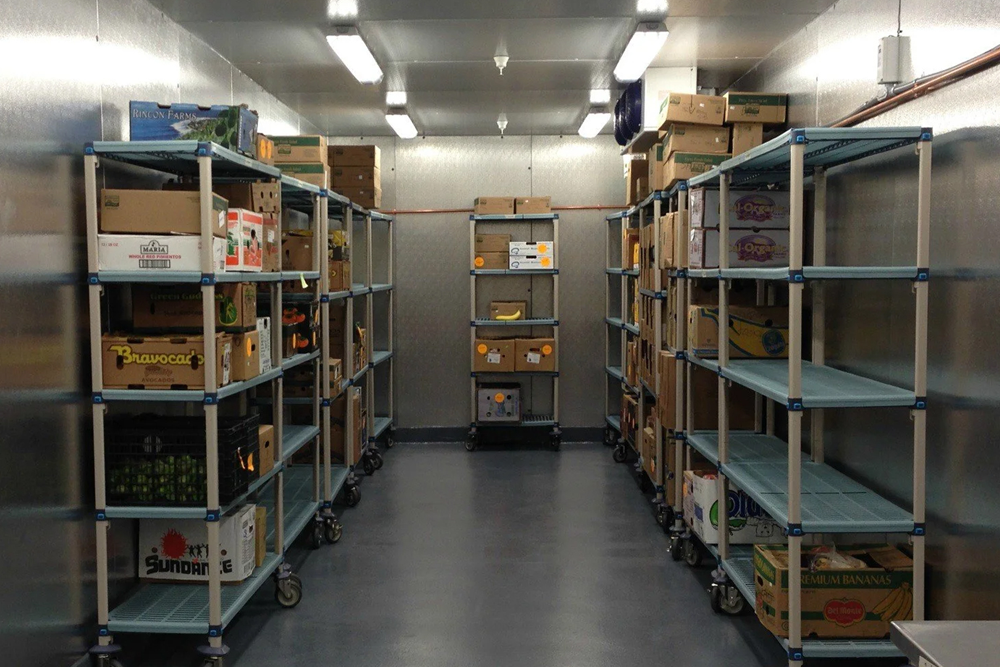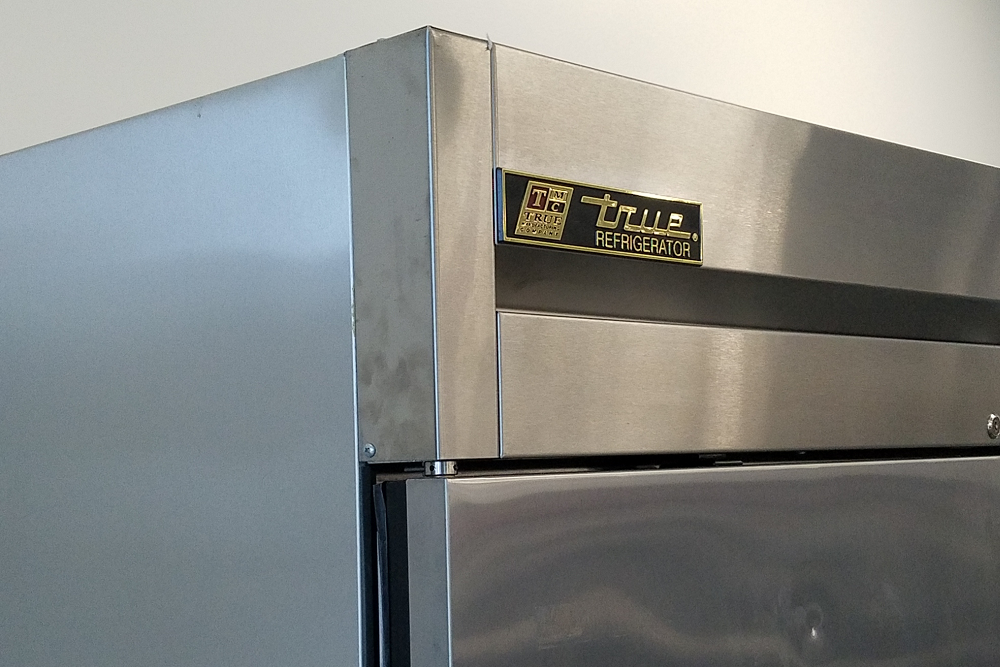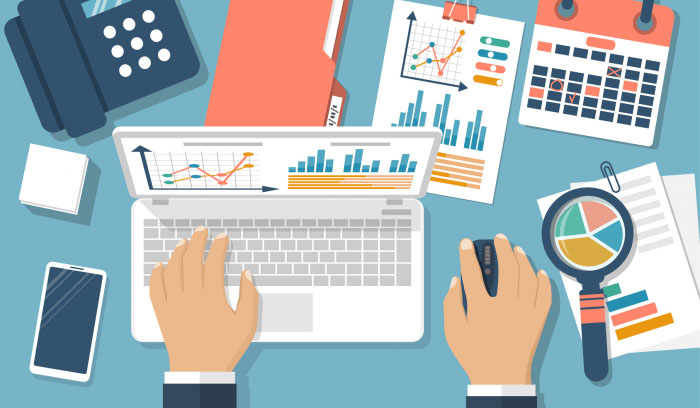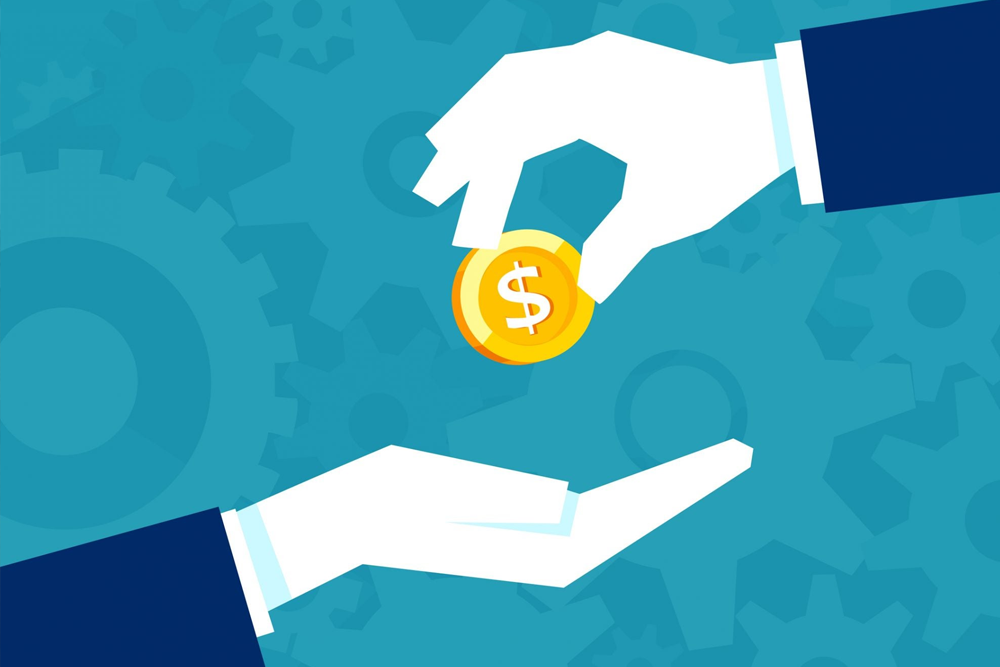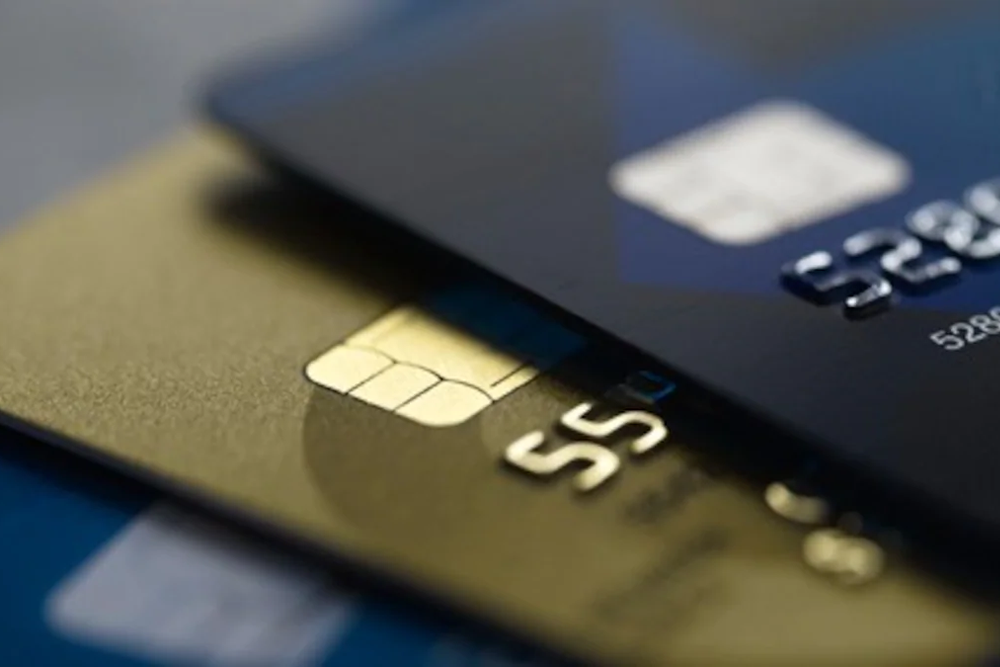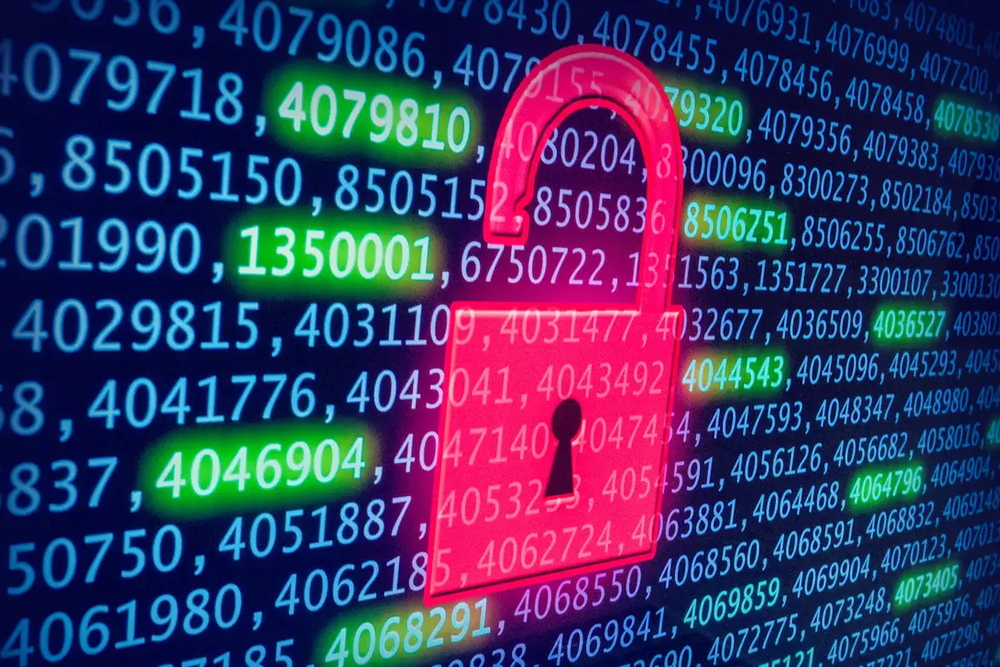 11 mistakes to avoid now if you want to be credit card debt-free (and what to do instead)
11 mistakes to avoid now if you want to be credit card debt-free (and what to do instead)
Credit cards are possibly dangerous, particularly for a new credit card user, who might be fascinated by the allure of what appears like free money. Even some experienced credit card users are prone to credit card traps. If you are thinking of getting a credit card or wondering if you should drop your credit cards, comprehending the dangers that come with credit cards can help you cultivate better credit card habits.
Understand also, there is a way to use credit cards responsibly and avoid the traps that so many clients have fallen into.
The temptation to overspend
Research has proved that customers spend more when they are paying with credit cards than when paying with cash. In one research, participants were willing to spend as much as twice the amount when using credit cards as opposed to when using cash. It is convenient and straightforward to spend money with a credit card, and you do not feel the pain of cash leaving your wallet. It might explain the amount of credit card indebtedness.
How to avoid this: If you have no control over your credit card spending, it is essential to set a personal spending limit based on how much you can afford to repay. There is no point in overspending to live a luxurious lifestyle that you can not afford in front of people.
Interest makes it hard to clear the balance
It is very vital to pay off your credit card outstanding amount in total every month because it allows you to avoid paying extra interest. If you do not pay off your credit card balance in full, you will have to pay interest on the remaining balance you did not pay. And if you continue to make minimum payments, the compounding interest can make it very difficult for you to pay off the credit card debt.
How to avoid this: It is advisable to pay your outstanding balance in full to avoid paying interest on your purchases. As far as you are not able to pay your credit balance in full, then you will have to pay more than you can truly afford.
Risk of borrowing money without repaying
Any minute you borrow money, you are creating debt. The more money you borrow, without repaying, the deeper you go into debt. Debt causes other problems, and not all of them are financial. Debt can cause depression, stress and other health issues, and even worse suicide.
Once you are in debt, reaching your other financial goals is much challenging. Spending cash on debt leaves you with less money for other priorities, such as saving for vacation or retirement. You might have to delay your educational goals or feel trapped in a job you do not like because you did not pay your bills.
How to avoid getting into debt: Identify the signs that you are headed for credit card debt, specifically not being able to pay your balance in full every month. Stop using your credit cards and center on living within your means to keep from getting in over your head.
Risk of hurting your credit score
Credit cards have a great impact on your credit score. That is why it is essential to use your card responsibly to maintain a good credit score. However, if you make a mistake, such as missing a credit card payment for one month or more and you exceed your credit limit, your credit score will get impacted negatively because the creditor will consider you a credit hungry individual.
How to avoid this: The best way to build a good credit score is to pay your credit card bill always at the right time. Moreover, keep your available credit limit.
A false sense of security from minimum payments
Your credit card issuer only needs you to make a small payment per month to avoid late fees and maintain your account in good standing. Sadly, next to making no payment, minimum payments are the worst way to pay off your balance. You will spend more time paying your balance and pay more interest if you make only the minimum payment.
How to avoid it: Always pay your balance in full; however, if you can not pay off your whole balance, pay more than the minimum to eliminate your balance sooner and reduce the amount of interest you pay overall.
Withdrawing money through credit card
Cash withdrawals on credit cards are typically known as a cash advance. This facility is offered for withdrawing cash, but bear in mind that the bank charges a very high fee on cash withdrawals, which may be the main reason for a debt trap.
How to avoid it: You should avoid withdrawing cash via credit cards as far as you can. Moreover, it is advisable to withdraw cash via debit cards.
Confusing credit card terms
Whereas credit card terms have become more clearer thanks to the 2009 Credit Card Act, there is still a lot of confusion with credit card offers. One credit card can have variable interest rates, and understanding which applies can be confusing. Misunderstanding your credit card terms can have severe consequences- such as increased fees of interest or even harm to your credit score.
How to avoid this: You need to understand the different kinds of balances you can carry on your credit card and also the interest rate that applies to each. Go through your rewards program to learn what purchases earn rewards. Reach out to your credit card’s customer service with questions about your credit card.
Harder to track spending, mainly across multiple credit cards
Tracking your spending is the basis of a healthy financial life; however, adding credit cards to your normal spending methods can make it more challenging to keep up with all your spending. It is particularly true if you are using your credit cards and debit and cash, and if you are using various credit cards. It is one of the many reasons credit cards make it so simple to overspend.
How can you avoid it: Using more credit cards means you have to look in different places when you are tracking expenses. You can trace them manually in a spending journal or spreadsheet or apply a personal finance application such as Quicken or Mint to help track your spending.
Credit cards come with a threat of credit card fraud
To some extent, everybody with a credit card is a threat of being a victim of credit card fraud. Your credit card can be stolen, or a thief can steal your credit card info from a company you have shopped with. Luckily, your liability for fraudulent credit card purchases is limited; however, you have to report these charges faster.
How to avoid it: Watch out your credit card frequently and report a missing credit card or suspicious charges instantly.
Using credit card take care of emergencies
Without access to emergency savings, a credit card might be your only choice to save you from a major medical bill, car repair, or other emergency expenses. This way, you will only be in debt to rescue you.
How to avoid it: Whereas it takes time to build the oft-recommended savings huge enough to cover six months of living expenses, begin with a small amount such as $500 or $1,000 can assist you in taking care of those minor expenses that pop up. Generally, build your emergency fund steadily to avoid being in debt.
You do not have a budget
Not everyone likes budgeting; however, since most Americans underestimate exactly how much they spend per month, budgeting can open your eyes on when you are trailing towards debt.
A consumer should look at how much they make and what they are spending. Comprehending exactly where you stand and what you can assist you better manage your financial commitments.
You might be able to identify places where you can modify your monthly or daily spending, whether it is your monthly grocery delivery or gym membership. Find out ways to cut your credit card spending, such as working out at home instead or create time to go grocery shopping, so you do not have to pay for it to be done for you. Looking at how much you pay for these convenient purchases and if that convenience is beneficial if it comes with expensive debt.
Besides cutting costs, it is also essential to allocate some money in your budget to a savings account to anticipate a significant expense in the future. Remember to put aside savings for a rainy day.
Apart from the reasons discussed above for credit card debt, people make various other mistakes when using a credit card. That is why it is imperative to find the best credit cards online by comparing different credit cards and selecting one that suits your spending needs and habits. Also, it is advisable to use it responsibly to avoid falling into the trap of debt.

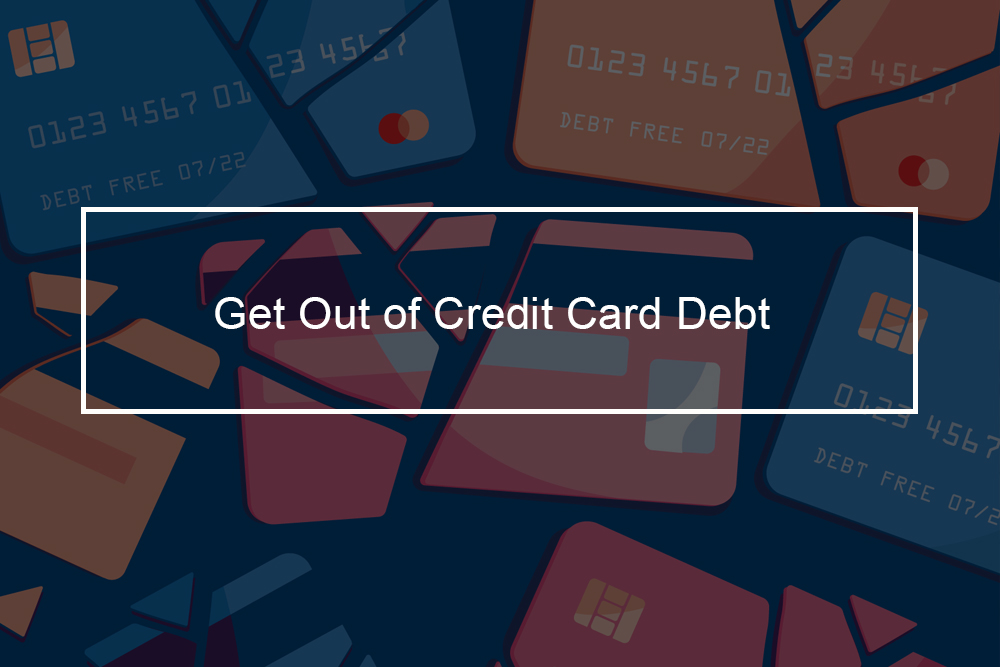 11 mistakes to avoid now if you want to be credit card debt-free (and what to do instead)
11 mistakes to avoid now if you want to be credit card debt-free (and what to do instead)
